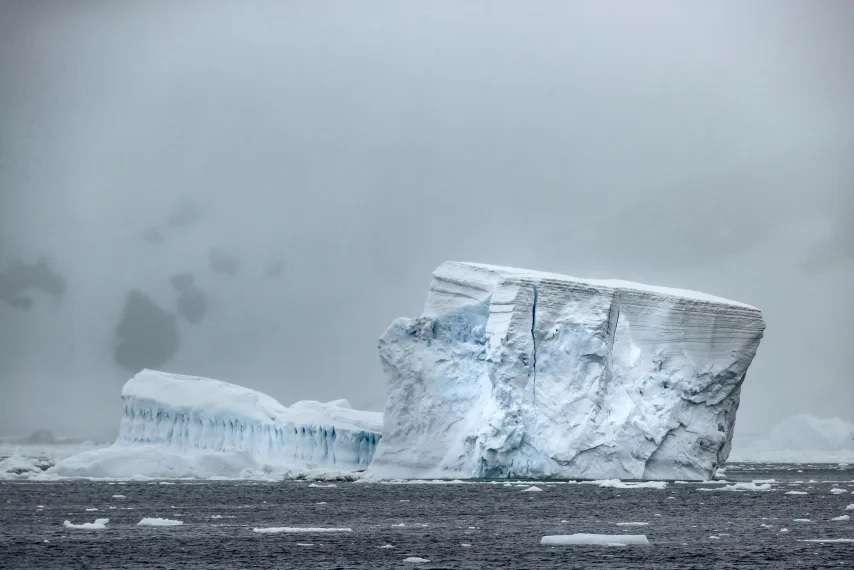According to a new study, the world's ice sheets could melt irreversibly, leading to rising sea levels and "catastrophic" migration from coastal regions, even if global warming does not exceed the 1.5°C threshold. Writes CNN.
Scientists have tried to determine what threshold is considered "safe" for ice sheets.
Although the international community has pledged to limit the average global warming to 1.5 degrees, current estimates indicate a possible increase of up to 2.9 degrees by 2100. According to a study published in the scientific journal Communications Earth and Environment, even 1.5 degrees of warming may not be enough to prevent the complete melting of the ice sheets.
The current average global warming of 1.2 degrees could accelerate the retreat of ice masses and lead to a sharp rise in sea levels. If Greenland and Antarctica's ice caps were to melt completely, they could raise sea levels by up to 65 meters. While this scenario is unlikely, it highlights the scale of the problem.
Since the 1990s, ice loss has quadrupled, reaching an estimated 370 billion tons per year. This is one of the main reasons for sea level rise, which has doubled in the past three decades.




















